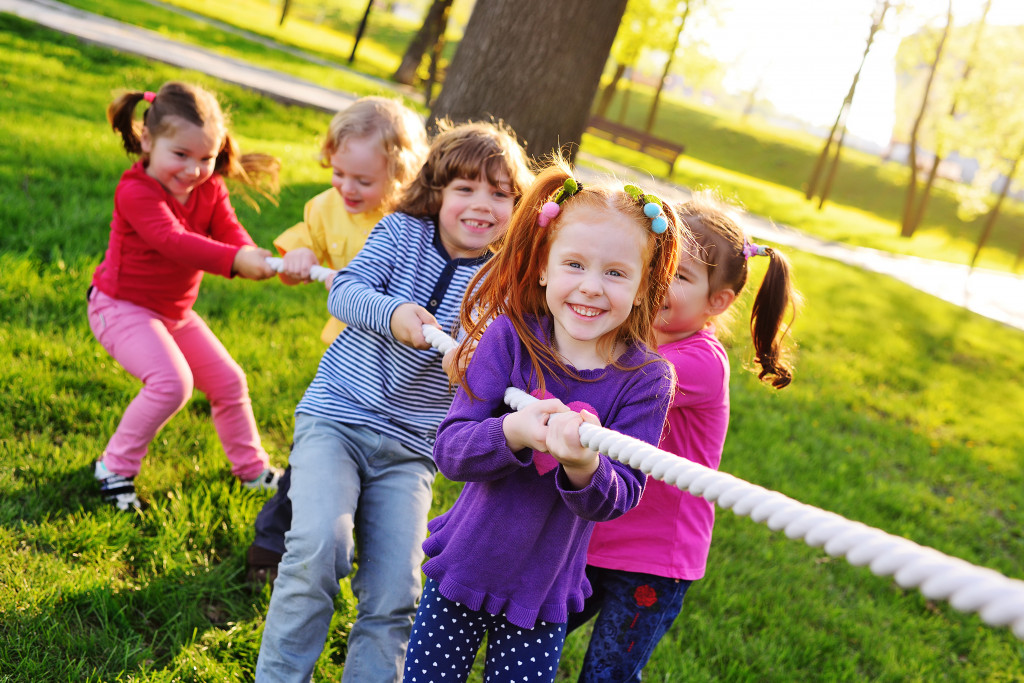One of the most important lessons we learn in childhood is how to be a part of groups. In school, extracurricular activities, and social circles outside of school, students develop skills that will help them throughout their lives. These include leadership skills, communication skills, teamwork abilities, and more. This article discusses the importance of student involvement in group settings on personality development.
The first step is understanding some basic principles about what happens when people get involved with groups. Research has shown that there are many benefits to being a member or leader of a group: increased self-confidence, better opportunities for success, improved mental health, and stronger connections with others who share similar interests or beliefs. But it’s also true that not all groups are good experiences. If there is a lack of guidance, or if members are unable to learn from their interactions with each other, then group activities can have the opposite effect.

How do student activities affect personality
Student activities make a difference because they allow youth to learn new skills and interact with other students who share common interests or beliefs. In school, there are many opportunities available for students to become part of student organizations. They allow youth to develop their sense of identity and gain a deeper understanding of who they are and what type of groups they want to be part of.
Students who participate in positive student activities often find that these experiences yield benefits that last much longer than just one semester. This is especially true for clubs and organizations whose goals are to help people.
How can students get involved in them
The student activities engaged in by high school students typically fall under one or more categories: recreational, academic, career-oriented, faith-based, hobby or special interest, service organizations, and more. It’s quite easy for students to join activities within their school, as long as they can be more involved.
If there are clubs or organizations that a student would like to join but doesn’t have the resources, then it’s a good idea for them to focus on what skills and abilities they already have that might help them in some way. For example, if a student is interested in joining the debate club but has no experience, then that student might consider becoming a part of the school newspaper instead.
Sometimes, when a school does not have an official club recognized by the institution but there are enough students who share the same interest, they can petition until enough user support is garnered to form a new club. Before that, the students may form an unofficial club that operates under the guidance of an adult chaperone or mentor.
This way, when the group decides to do activities outside of school, they will have the support and guidance of adults who are interested in helping youth succeed. For example, a dance group can more successfully find a dance studio for rent if they have the supervision of a teacher or parent, so they can practice in a more appropriate environment.
Benefits of being involved in extracurriculars
Cooperation, teamwork, and even leadership skills can be acquired through student activities. Students who are part of school dance clubs or organizations can build self-confidence by mastering dance moves and performing in group dance pieces before an audience.
Student-athletes develop leadership skills through leading training exercises, developing teamwork during practices, and motivating other teammates to work harder.
The benefits of student activities are not limited to honing skills that will benefit the individual after high school. It also provides opportunities for students to network with peers, make new friends, build self-esteem through experience, and develop their sense of civic responsibility to be part of the larger community.
Drawbacks to involvement in extracurriculars
Student activities have an important role in the development of teens’ personalities. High-school students who participate in activities benefit by developing social skills and finding organizations they are passionate about. However, youth should be careful to avoid joining negative activities that could harm their future.
For instance, spending too much time doing club activities and less time on studying could affect a student’s grades and consequently, their ability to get into the college of their choice. A good balance between both can result in the development of multiple skills.
Concluding thoughts on the significance of student activities in personality development
Student activities offer an opportunity to build skills, such as teamwork and leadership. Many students who participate in these activities benefit from the lessons they learn through them. However, students should also take care not to join organizations that could damage their future.
